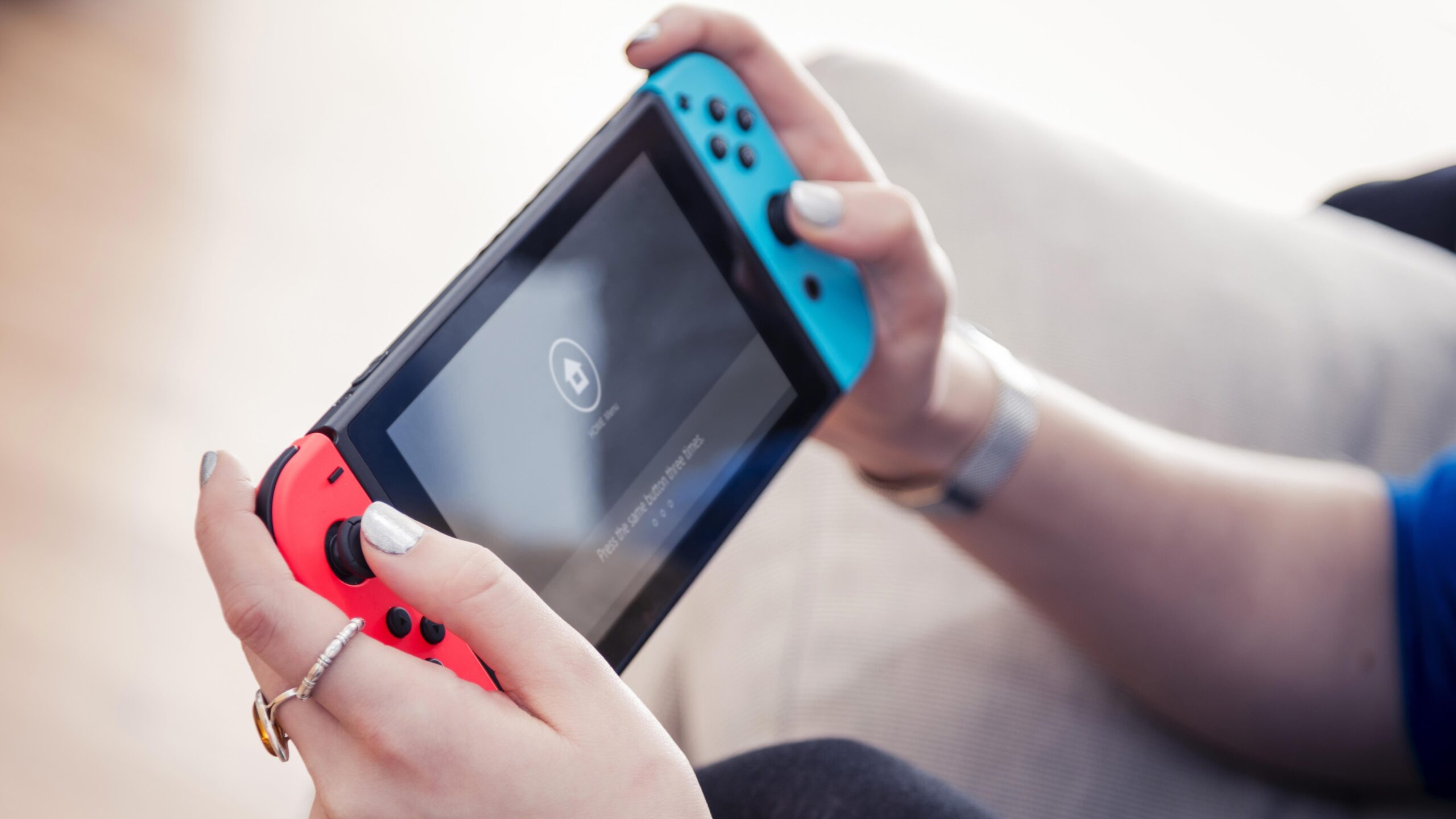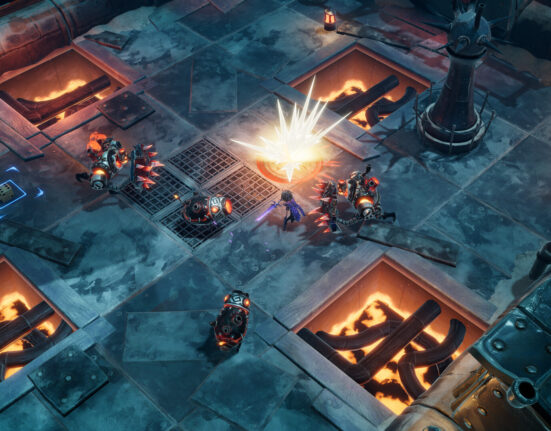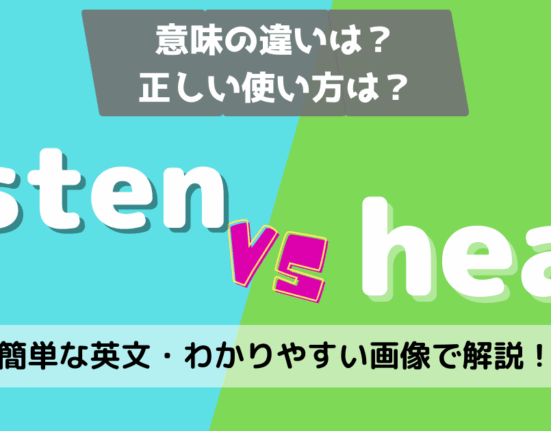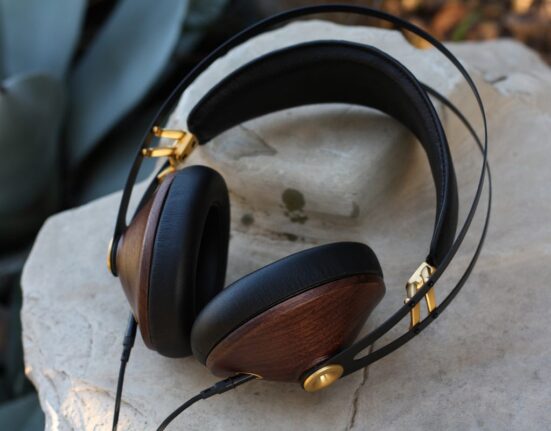In the world of gaming, it seems like every new console release is met with excitement and anticipation. Gamers eagerly await the latest innovations, graphics, and games each company has to offer. But what happens when a new player steps into the arena that challenges the reigning champion? That’s exactly what’s going on with Nintendo Switch 2 as it faces competition from some unexpected sources.
When it comes to gaming giants like Sony and Microsoft, Nintendo has always stood out with its unique approach and family-friendly games. However, recent developments suggest that these competitors might be eyeing Nintendo’s throne more seriously than they let on. While Sony focuses on high-end graphics and adult-oriented content, Microsoft’s Phil Spencer has expressed interest in supporting Nintendo’s Switch 2 alongside Xbox. It seems like everyone is gearing up for a showdown in the gaming industry.
Despite their outward composure, these companies are making strategic moves to challenge Nintendo on multiple fronts. The upcoming Switch 2 promises to deliver a next-gen gaming experience in handheld form, bringing it closer to the capabilities of PlayStation 5 and Xbox Series X. In response, PlayStation is hinting at its own handheld plans while Xbox aims to expand its reach by turning every device into an Xbox platform.
While hardware innovation is crucial, the real battleground lies in game development. This year’s Summer Game Fest showcased a lineup of games that could rival Nintendo’s first-party titles. From racing games to party favorites, developers are stepping up their game to offer alternatives that capture the essence of Nintendo classics.
One standout example is Astro Bot, a platformer game that won numerous awards in 2024 for its engaging gameplay and design quality reminiscent of Nintendo standards. Team Asobi studio head Nicolas Doucet attributes their success to a dedicated team and an unwavering commitment to player satisfaction—a philosophy shared by Shinya Takahashi from Nintendo.
Sonic Racing: CrossWorlds poses another challenge with its fast-paced gameplay and sleek graphics that rival Mario Kart World. Sega’s Sonic Team head Takashi Iizuka aims to provide players with a high-speed alternative that doesn’t require owning a Switch 2—making it accessible across all consoles.
On the party game front, Lego Party offers a familiar yet entertaining experience akin to Mario Party but with a Lego twist. SMG Studios’ innovative take on classic gameplay mechanics breathes new life into multiplayer fun while staying true to the spirit of competitive gaming.
As we look ahead to future releases like Super Meat Boy 3D and Ninja Gaiden: Ragebound, it becomes clear that indie studios are also making waves in retro-inspired gaming experiences that cater to nostalgic players seeking modern sensibilities.
With these exciting developments shaping the gaming landscape, one can’t help but wonder about the future of competition among industry giants like Nintendo, Sony, and Microsoft. The quest for innovation drives progress and pushes boundaries—ultimately benefiting gamers worldwide.
The rise of creative clones challenging established titans signifies an exciting shift in dynamic within the gaming industry—a testament to developers’ ingenuity and dedication towards delivering captivating experiences for players of all ages.









Leave feedback about this